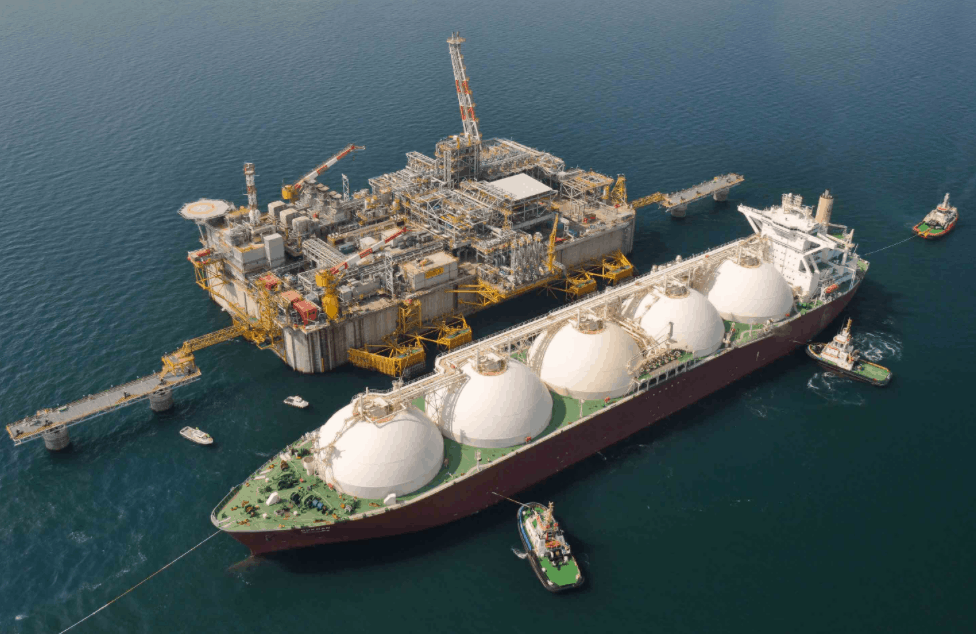
Qatar’s total exports dropped by 35.5 percent year over year in the third quarter, dragged down by a 38.5-percent slump in exports of energy commodities and products, one of the biggest exporters of liquefied natural gas (LNG) in the world said on Sunday.
The value of total Qatari exports in Q3 declined to US$11.3 billion (41.1 billion Qatari rial), down by 35.5 percent compared to the third quarter of 2019, the country’s Planning and Statistics Authority said in a statement.
The main reason for the drop in exports was the decline in exports of mineral fuels, lubricants, and related materials. Those exports fell by US$5.8 billion (21 billion Qatari rial), or by 38.5 percent year over year, Qatar’s statistics authority said.
All major oil and gas exporters in the Middle East have been suffering from a slump in energy-related revenues this year after the pandemic led to decreased demand for oil and gas and low oil and gas prices.
The world’s top oil exporter, Saudi Arabia, for example, is losing US$27.5 billion in oil revenues this year, Saudi Crown Prince Mohammed bin Salman said earlier this month, admitting that the current oil income is not enough to cover the Kingdom’s salaries bill.
Qatar is actually one of the better positioned resource-rich monarchies in the Middle East when it comes to resilience to withstand this year’s price shocks.
Qatar is resilient to shocks, including the current shock triggered by the pandemic and low oil prices, Moody’s said in September when it affirmed its Aa3 rating on the country. Qatar’s strengths include “exceptionally high level of per-capita income, its very large hydrocarbon reserves with low extraction costs, the government’s very robust net asset position, and an established track record of macroeconomic policy effectiveness,” according to Moody’s.
Fitch, which confirmed its rating on Qatar in June, said that most of Qatar’s gas exports are sold under long-term oil-linked contracts, and around half its oil and gas revenue this year relates to 2019, limiting the drop in hydrocarbon revenue to 27 percent in 2020, and leading to a decline of 9 percent in 2021. Fitch estimates that Qatar’s fiscal break-even oil price will average $48 a barrel in 2019-2021, one of the lowest among Fitch-rated energy exporters.